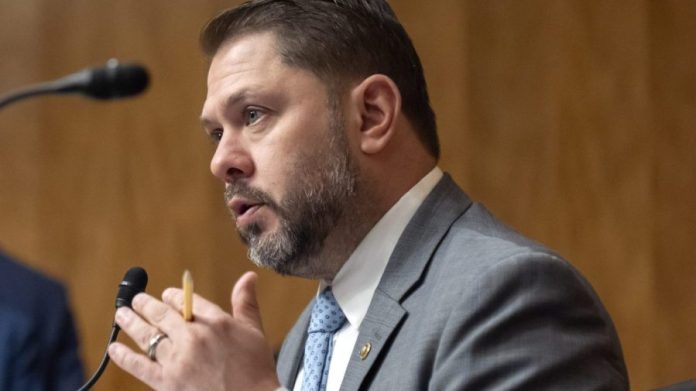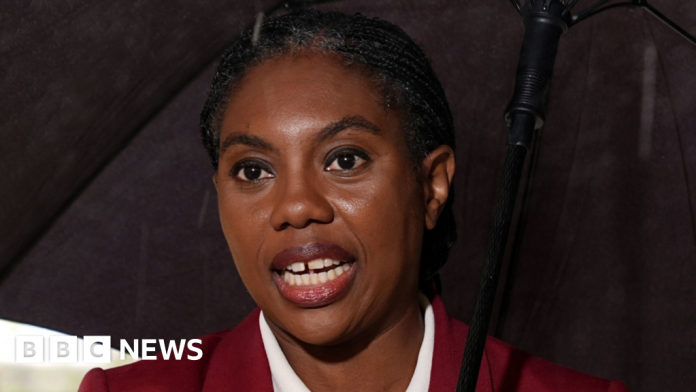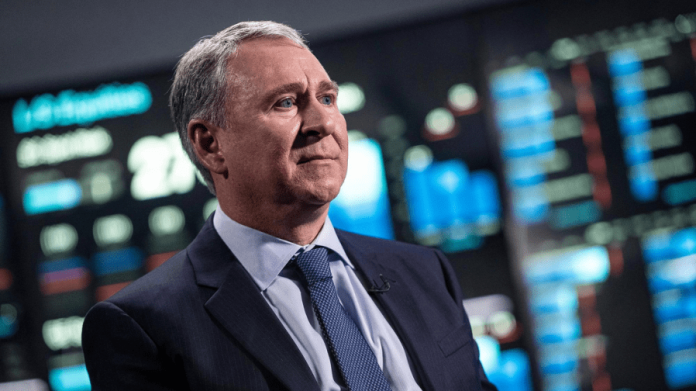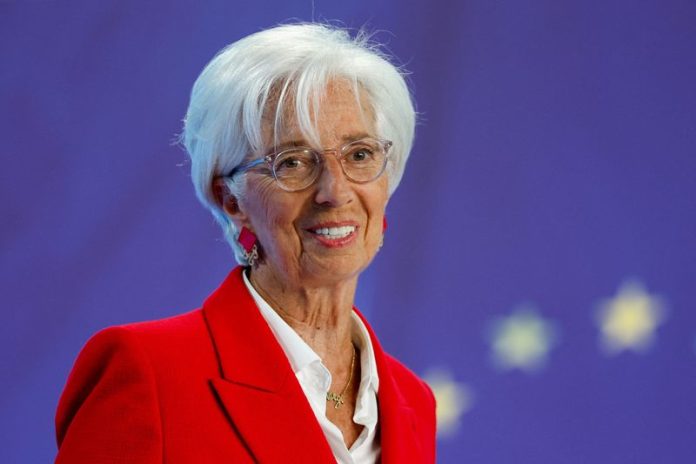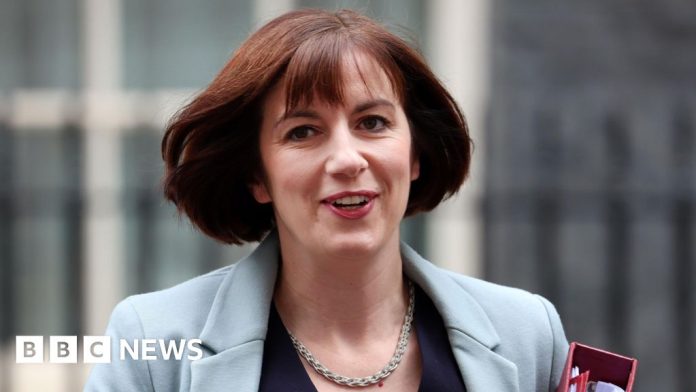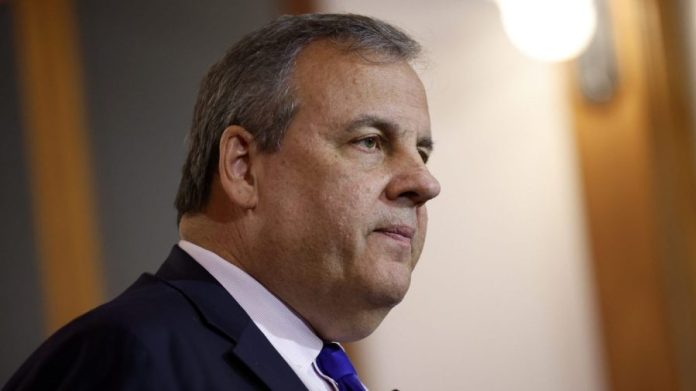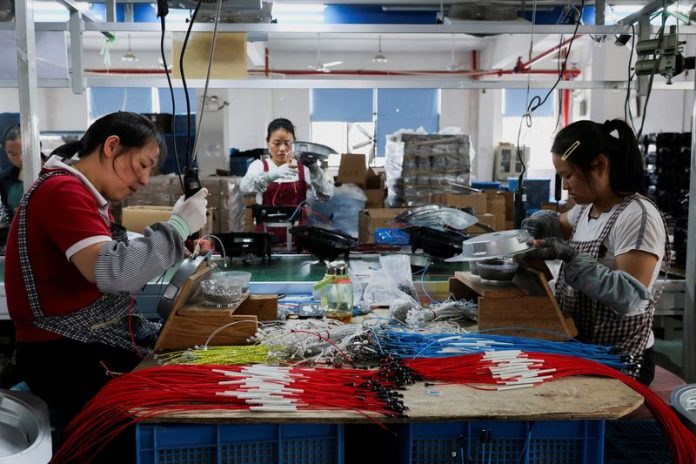
A dozen Senate Democrats on Tuesday laid out the key principles they hope to see in a bill regulating the cryptocurrency market.
The framework, put forward by Sens. Ruben Gallego (D-Ariz.), Mark Warner (D-Va.), Kirsten Gillibrand (D-N.Y.), Cory Booker (D-N.J.) and other crypto-friendly Democrats, offers up their view on the central issues underpinning market structure legislation.
“The framework is a substantive road map to guide what we hope will be robust and fruitful bipartisan negotiations and ultimately, a bipartisan product,” they said in a statement. “Achieving a strong, bipartisan outcome will require time and cannot be rushed. We look forward to working on this with our Republican colleagues.”
Senate Republicans released their own discussion draft in July, which they updated last week. However, they have yet to score any Democratic support.
The Democrats’ framework calls for the Commodity Futures Trading Commission (CFTC) to have exclusive jurisdiction over non-security crypto markets. It also suggests regulators should issue guidance about how longstanding securities laws apply to digital assets.
This underscores the main motivation for the bill, which aims to provide clarity on when the CFTC oversees crypto markets, versus the Securities and Exchange Commission (SEC).
“[Q]uestions about digital assets’ place in the U.S. regulatory framework have hobbled both innovation and consumer protection,” the senators wrote Tuesday. “New businesses confront uncertainty about where their products fit in our regulatory system, and the growth of digital assets has highlighted gaps in the existing financial rulebook.”
“Meanwhile, investors have been left vulnerable to scams and fraud, with inadequate protections from misconduct,” they continued.
The framework calls for the SEC to integrate digital assets and their platforms into the existing regulatory framework, while creating an “appropriate and effective” oversight regime for decentralized finance protocols and platforms.
The senators would also like to see digital asset platforms registered as financial institutions under the Bank Secrecy Act, which would require them to follow certain record-keeping and reporting rules meant to combat money laundering.
While many of these principles aren’t too far off from those put forward by Republicans, several that focus on President Trump’s actions are likely to face pushback.
The Democrats take aim at concerns about Trump and his family’s growing involvement in the crypto industry, seeking to block elected officials and their family members from issuing, endorsing or profiting from digital assets and establish requirements for reporting crypto holdings.
They would also like to see a requirement that “commissioners from both parties sit at the SEC and CFTC to create a quorum for digital asset rulemakings,” pointing to the president’s recent proclivity for firing Democrat officials at independent agencies.
“These agencies also require Democratic voices, as Congress intended: only a bipartisan regulatory process will produce durable, balanced rules that provide long-term stability and legitimacy for digital asset markets,” they said.
The proposal likely tees up negotiations between the crypto-friendly Democrats and Republicans, who will need at least seven of their colleagues across the aisle to join them in supporting a market structure bill.
The broader crypto market legislation appears to have a more complicated path forward than the stablecoin bill that Congress passed in July.
The GENIUS Act, which created a regulatory framework for one type of digital token known as a stablecoin, had Democratic support from the beginning and ultimately passed with 18 Senate Democrats and 102 House Democrats.
The House’s version of the market structure bill, the Digital Asset Market Clarity Act, garnered less Democratic support when it cleared the lower chamber in July, although it still received 71 Democratic votes.

